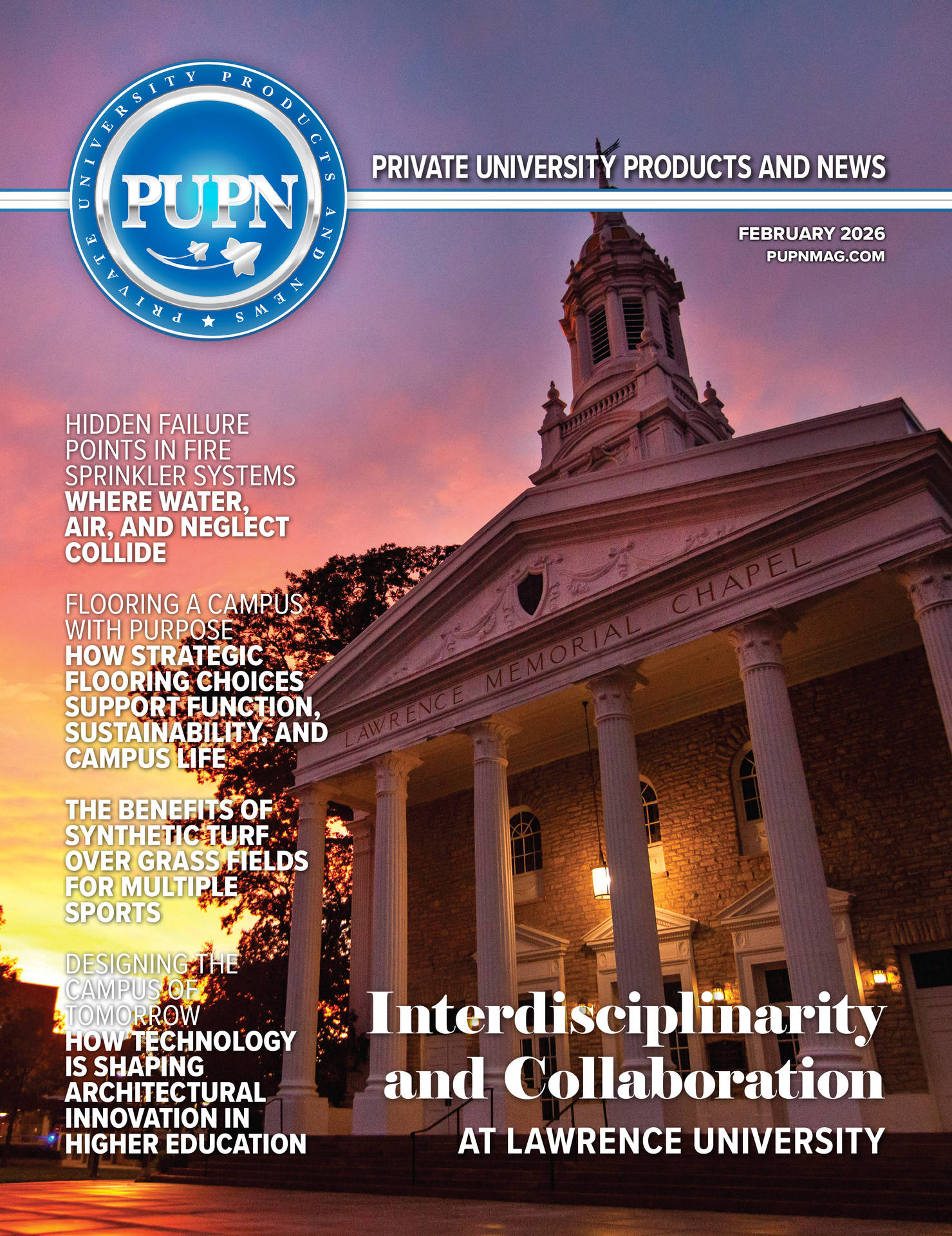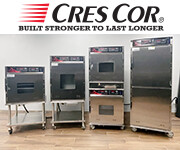Dining hall spaces are where connections are made and the tables that fill them are more than places to eat—they’re social anchors on campus. Students and faculty utilize the spaces for not only sharing meals but for meet ups, quick connections, collaborations on group projects and to connect between classes. The dining hall is a central point where students and faculty gather.
When choosing the best tables for the space consider these four tips as essential must-haves in your decision-making process.
Tip 1: Ensure Your Tables Are Multi-Purpose.
Many private universities today are looking to maximize their spaces to meet a multitude of different functions. For example, a higher education dining table may not only be used just for dining but could serve as a study area, an event space, a community gathering or even a meeting space. Think of dining hall tables as multipurpose solutions, which is especially important for smaller colleges and universities. You want to look for tables that can be effortlessly rolled up and wheeled from one location to another and stored easily. Instant mobility is key here. Consider tables or even uniquely designed booths that can be compactly stored away when not in use, freeing up space for other purposes.
Folding booth tables such as BioFit’s FBT™ Series of Fold & Roll Booths can be rolled into a dining area when needed for extra seating or to be utilized for small group study sessions. They can also be used during meal service times or for special events when additional seating is required. A folding booth such as this easily expands seating options and offers versatility for the function or purpose of the space. A selection of partition options offers privacy as well, which is ideal for either a dining mode or study mode.
From dining to events, club meetings, group collaboration and more, a multipurpose booth or table design goes a long way. One important tip, especially for the college population—technology is a must in any design element. Be sure the tables or booths you select have built-in power and USB connections, as college students expect this must-have feature. Look for dining tables that are not only multi-purpose but multi-functional with technology built right into the design.
Tip 2: Select Tables That Foster Easy Interaction.
Today, private universities continue working to create communities where all students feel included and can connect, engage and easily interact with one another. Many times, the dining hall is the only place, and sharing meals is the only time of day, where busy college students can gather and engage in meaningful conversations with their friends or fellow students. In fact, college students often use the dining space to meet up with their “tribe” to make plans, share stories, study or just hang out. Because of this, it is here that friendships form and flourish.
Dining halls—and the elements within them, usch as the tables and seating—should be designed with this reality in mind. Therefore, it’s important to select tables that can facilitate communication and encourage collaboration. How can this be achieved? Consider selecting tables with a non-traditional design or shape, and how they can be configured together to support easy conversation. For example, traditional square or rectangular tables, while extremely beneficial in many environments, can also feel rigid. Conversely, tables with a curved table top design can offer something different. With a curved table top, students are naturally placed in positions that allow them to more easily see others at the table to their left, right or across from them. No more leaning over a table or straining necks to see their peers farther down the table. Now, virtually everyone at their table is within easy eyesight or at an appropriate speaking distance. What’s more, a curved tabletop’s organic-looking design offers a sense of calm and tranquility.
Investing in tables that foster natural and easy interaction is an important step toward helping students connect with each other, which in turn can lead to more vibrant campus communities.
Tip 3: Keep safety in mind.
Mishandling tables and chairs leads to some of the most commonly reported student and staff injuries at colleges and universities. With this in mind, selecting a dining table you know will be safe is essential.
No university staff member should be at risk when deploying, moving or folding up any dining table. Be sure every table has a proven locking mechanism to ensure the table stays closed and stable when in the folded position. Also, check to see if the table has some feature—such as a pneumatic lift-assist device – to promote safe and easy table deployment and folding. To prevent unnecessary strain when moving the table, look to see if the table comes with casters, such as industrial-grade thermoplastic rubber casters, for smooth transport. Last, be sure to consider whether a foldable table can prevent fingers from getting caught when being folded down and deployed. If a table does not have an “anti-pinch” feature, you may need to think twice before purchasing it.
Tip 4: Always Look for Durability and Quality.
College students are known to be extremely hard on dining facility furnishings. In addition to food and drink spills, they will drop their heavy book bags or laptops on the table, lean on them – and in some cases even sit on them. With daily constant use, dining tables must stand up to extreme wear and tear, while lasting years and maintaining their appearance.
That’s why durability isn’t just a preference—it’s a necessity. That’s where high-quality, premium products pay off. Look for tops that are made of durable materials that are made for long term performance. Food and bacteria resistant tops are critical for this population. Sturdy, reinforced bases built to prevent wobbling or tipping is key as well. The addition of specialty features such as 14-gauge steel frames and one-piece frame construction gives extra strength and durability to tables. Even check the wheels on tables and look for non-marring, industrial grade materials such as neoprene wheels, which can ensure smooth, easy handling. Quality products also add unique features that keep comfort in mind but also enhance durability such as a comfort rim on the edge of tables.
Select Tables that Support University Life and Learning
Selecting the right tables for private university dining halls can be a challenge with multiple needs and consistent set up and break down. In addition, it’s important to consider a university’s budget, school spirit and space functionality as well. Creating unique, functional and collaborative dining hall spaces goes beyond just filling a space and serving meals– the tables should meet multiple needs. They must support collaboration such as group work, social interaction and multi-use functions. A university dining hall is a hub for connection, community and activity and tables should reflect that in both their design and manufacturing.
Keep these all-important four tips in mind when selecting the table solutions that fit the best dining hall experience.










